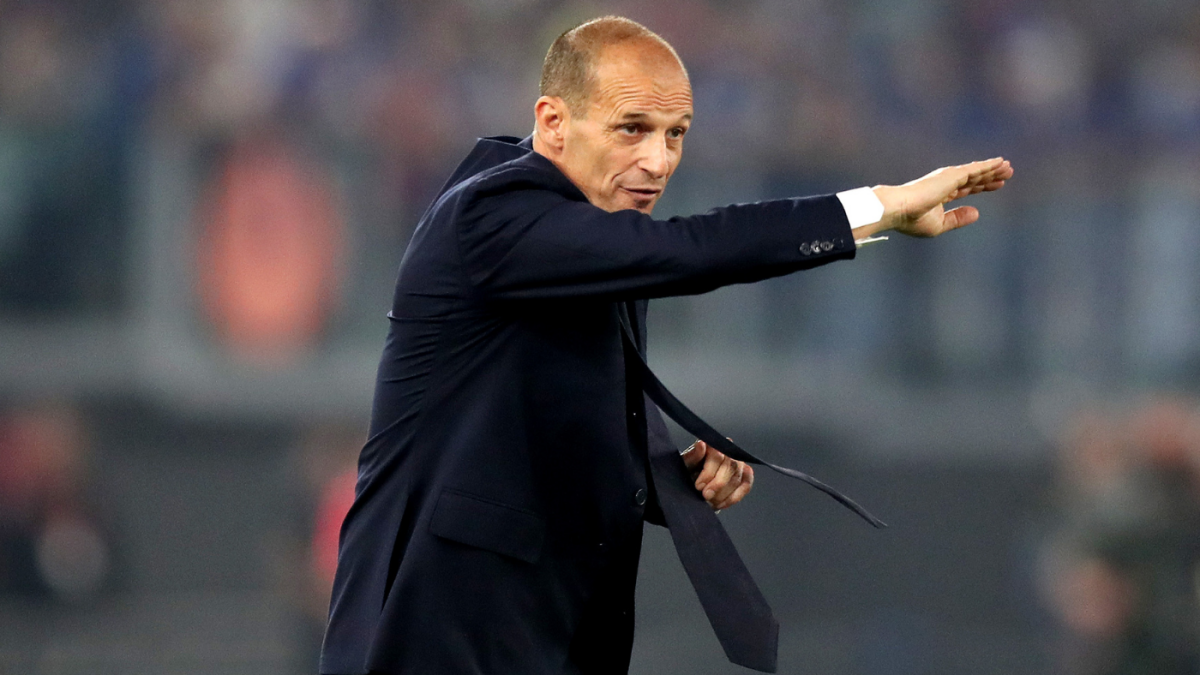AC Milan’s Strategic Reset: Navigating the Allegri Era and What It Means for Christian Pulisic
The reappointment of Massimiliano Allegri as AC Milan’s head coach signals not just a change in personnel but a fundamental pivot in philosophy—a move designed to arrest recent decline and carve out a path back to consistent elite stature. For a club steeped in history and expectation, this moment carries both promise and pressure. Central to this narrative is Christian Pulisic, whose role and future will be intricately shaped by Allegri’s brand of pragmatic football.
Setting the Stage: Why Allegri’s Return Matters
Allegri’s previous tenure at Milan (2010-2014) was marked by a disciplined approach that blended defensive rigor with tactical adaptability, culminating in key domestic trophies. His return comes at a time when Milan has struggled to find stability: ranked eighth in Serie A, failing to qualify for European competitions, and burdened with a squad rich in talent but lacking direction. By reinstating Allegri, Milan management is betting on experience and proven tactical acumen over flashy but inconsistent performances.
This decision reflects a desire for a sustainable project—one that demands immediate results without sacrificing the groundwork for long-term growth. Allegri’s reputation as a coach who knows how to manage pressure, adapt strategies, and extract efficiency from his squad fits precisely with Milan’s current needs.
Pragmatism Over Panache: Allegri’s Tactical DNA
A key characteristic of Allegri’s coaching is pragmatism. His teams prioritize solidity, defensive organization, and calculated risk-taking rather than unrestrained attacking flair. Unlike coaches who emphasize creativity and offense at all costs, Allegri’s philosophy values strategic efficiency. This often means a compact defensive shape, cautious buildup play, and sharp transitions.
Critics may argue that this suppresses spontaneous creativity, but history has shown Allegri’s approach wins trophies. During his Juventus years, multiple Serie A titles were secured through a balanced style that blended defense and attack without sacrificing team discipline. For Milan, this translates into a system designed to minimize errors, control the game rhythm carefully, and strategically deploy offensive thrusts.
Christian Pulisic: Navigating New Tactical Waters
As Milan’s marquee signing and USMNT captain, Christian Pulisic faces both opportunity and challenge under Allegri’s stewardship. Pulisic’s versatility—his ability to operate as a winger, attacking midfielder, or flexible forward—aligns with Allegri’s preference for tactically reliable players who can fulfill multifaceted roles.
– Increased Defensive Engagement: Allegri demands pressing and defensive discipline from all players, forwards included. Pulisic’s willingness to track back and press aggressively could cement his place in the starting lineup.
– Adaptability as an Asset: Pulisic’s team-oriented mentality and tactical intelligence fit well with Allegri’s system. The coach often customizes roles to maximize individual strengths within the collective scheme, offering Pulisic the chance to showcase his dynamism within structured parameters.
– Curbed Creativity: On the flip side, Allegri’s system could constrain moments of unplanned brilliance. Pulisic may have to recalibrate his approach to favor measured, purposeful attacking moves over freestyle improvisation, balancing flair with tactical discipline.
A Broader Tactical Shift for AC Milan
Allegri inherits a squad blending seasoned veterans and emerging stars, including American talent Yunus Musah, signaling a generational mix primed for evolution. The tactical mandate under Allegri is clear:
– Constructing robust defensive lines that minimize mistakes.
– Developing a balanced midfield that controls tempo and transitions smoothly.
– Employing selective pressing to conserve stamina while disrupting opponents.
– Leveraging key attackers in roles finely tuned to the team’s overall strategy.
This approach not only stabilizes league performance but also provides an environment conducive to player growth. For talents like Pulisic and Musah, this means cultivating tactical resilience and multidimensional skills critical for success in Serie A and continental competitions.
Closing Thoughts: A Future Forged in Discipline and Adaptability
Allegri’s return ushers in a chapter defined by pragmatism, discipline, and strategic clarity. Though it contrasts with the desire for flamboyant football many fans cherish, Allegri’s track record of managing stars and winning under pressure offers Milan a solid foundation to rebuild.
For Christian Pulisic, this is a moment of transformation—a call to evolve from a player driven primarily by individual flair into a more versatile, tactically adept force, often dubbed “Pulisic 2.0.” Successfully navigating this evolution could redefine his trajectory, elevating his role within Milan’s quest for renewed greatness.
Ultimately, Allegri’s appointment symbolizes more than a coaching change. It represents Milan’s commitment to a results-driven, strategically sound model—one where pragmatism and player development converge to create a squad capable of enduring success on Italian and European stages.











